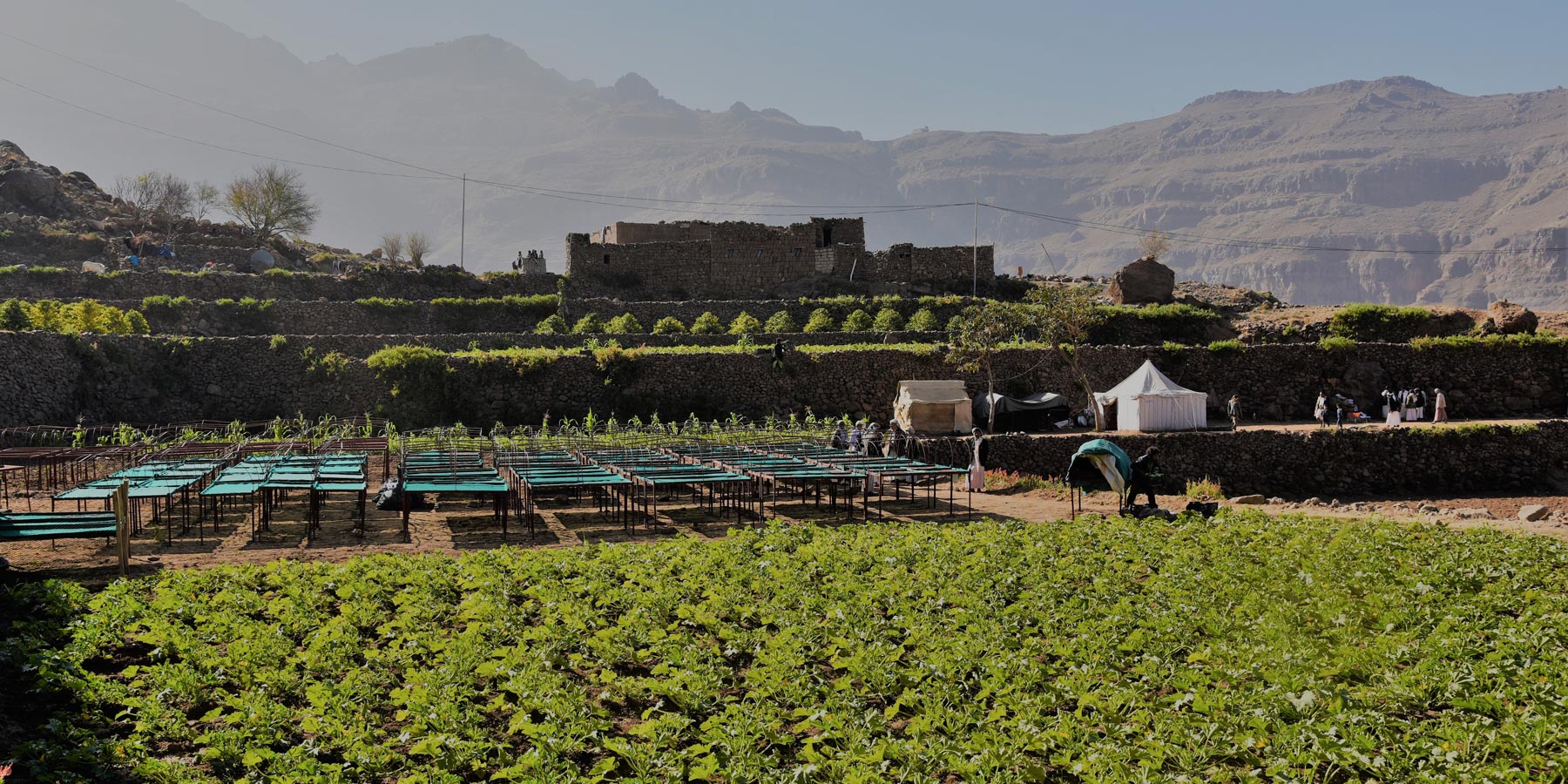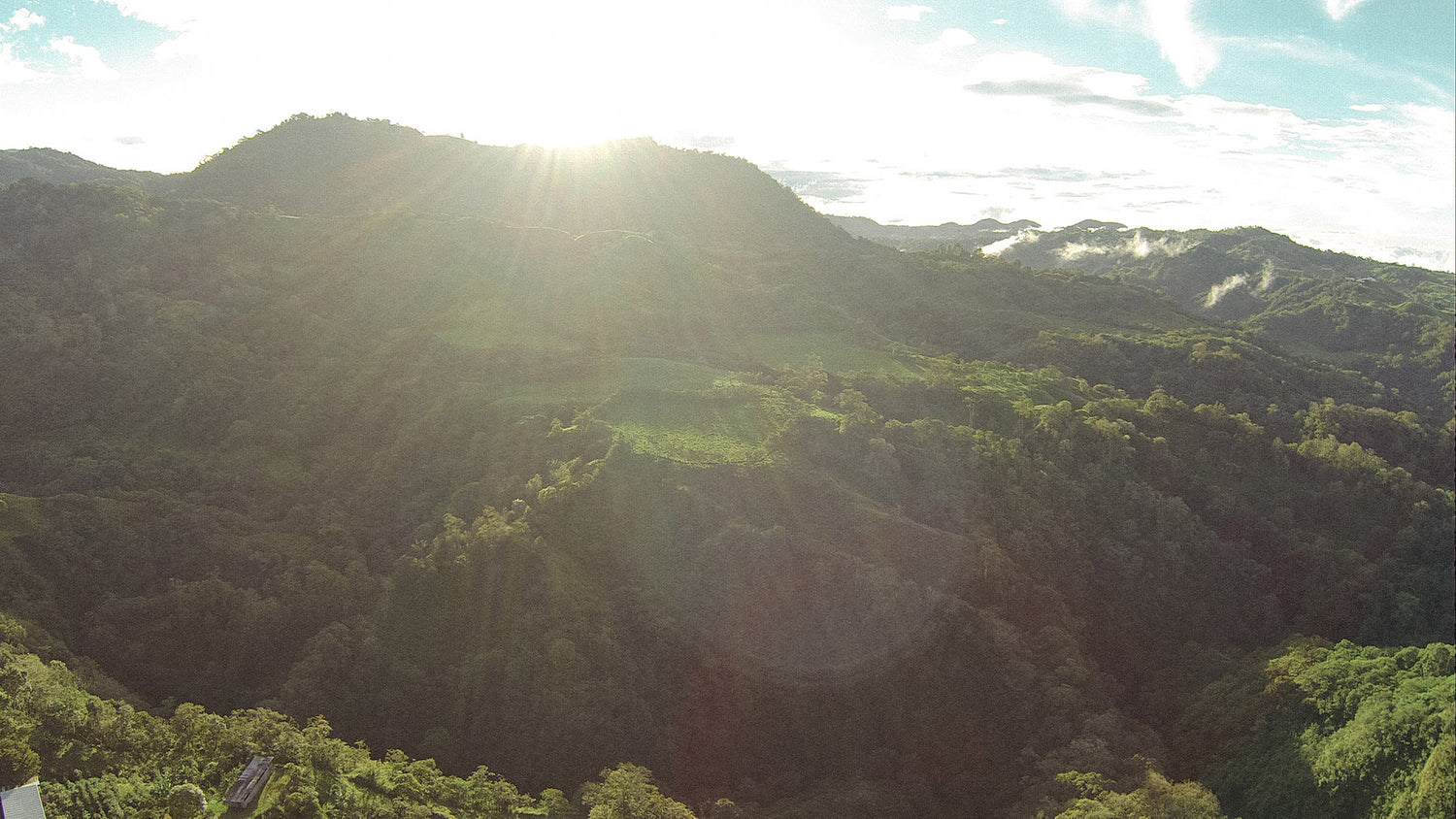Let's briefly look at the history of coffee in Yemen: In 1450, Yemeni Sufi monks discovered the invigorating drink for themselves, which enabled them to stay awake and meditate all night long. The Sufis shared their discovery with pilgrims, who took coffee around the world. First to Mecca, and from there to the metropolises of Cairo, Damascus and Istanbul. Around 1650, coffee consumption slowly reached Europe and ensured that coffee was shipped from the port city of Al Mocha all over the world. In the 18th century, the monopoly ended because many countries followed suit with coffee production. Today, the country's global export share is just 0.1% . Nevertheless, Yemeni coffee still enjoys a very special status among friends of microlot coffee. All of this background motivates Sheba Coffee to start a new era of Yemeni coffee. We at the Wildkaffee Rösterei are very happy to present you our new coffee from this country and to bring a piece of Arabic coffee history to Germany.






